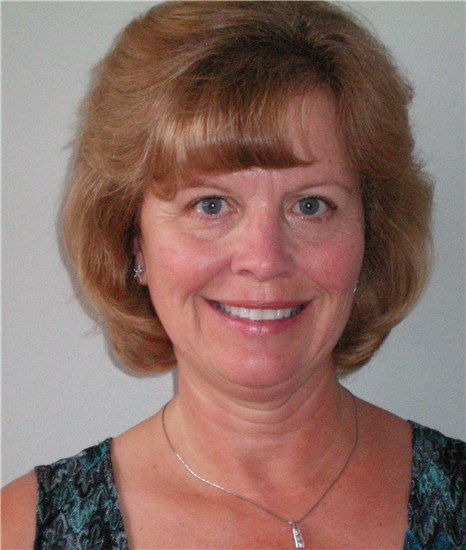By Diane Palombi, OD
I remember sitting in the lecture hall during ocular pathology in my optometry school days, thinking most of the information that the professor was providing was not pertinent to everyday practice. Sure, I would see diabetic retinopathy or the occasional glaucoma suspect; but most of the other ocular pathologies would never show their ugly heads in real life. You know what? I was wrong.
I once had to send a patient from the exam chair to the emergency room. The staff had mentioned that he seemed a bit off during the check-in process and pre-testing. Once in the exam room I noticed that he was actually having a stroke. We promptly called an ambulance and then called his wife to let her know that her husband was going to the hospital. She called us back later to thank us for saving his life.
Another patient had been told to get her eyes examined by her family doctor. She was complaining about sudden onset double vision. I took one look at her swollen optic nerve head and sent her to the hospital for further evaluation. She ended up having a brain tumor, as I suspected.
One of my sadder cases was a patient with a visual disturbance in one eye. He had a history of cancer. His retina didn’t look at all normal, so I had him evaluated by a retinal specialist. It ended up being cancerous. Unfortunately, this patient died because his eye was not the only metastatic area.
A 16-year-old girl was in for an exam because she wanted to get her driver’s license. She had bad vision in one eye. The girl said it went bad several years ago, but didn’t think to mention it to her parents. Sadly, she had a retinal detachment through the macula. I referred her to a retinal specialist, but the prognosis was poor with it being so long standing. The technology to do the repair was not as advanced 20 years ago.
The most difficult situation I had to deal with involved another teenager. Her family had been my patients for years. They were a nice family. The girl was a good student. The mother was an assistant school principal. The father and daughter had come in for their annual exams. The daughter was not told about the exam ahead of time. Some of the pre-testing, especially the motility tests, were difficult for her. She just seemed out of it. When I preformed ophthalmoscopy I smelled marijuana in her hair. I said nothing to her father immediately. Instead I talked the situation over with some of my other patients who were school officials, law enforcement personnel and my own personal doctor on how to handle this matter.
I was not certain how HIPPA would relate to this matter. My sources informed me that it was my duty to contact a parent. They advised me to say that I was concerned because of certain observations during the exam. No accusations needed to be made. When the mother came in for her exam the following week I told her what I had observed during her daughter’s exam. The mother was disconcerted but thanked me for my concern. She was also grateful that I told her and not the father about the matter since he thought highly of his daughter. She did not want to disillusion him. The daughter had taken up recently with a questionable friend. The mother was going to search her daughter’s room upon going home.
You graduate from optometry school thinking that you are going to just fit contact lenses and refract for eyeglasses. The profession can surprise you. You are a doctor, and medical eyecare conditions indicating a more serious issue can pop up unexpectedly. You need to be prepared for the unexpected.
What do you think is the best way for young ODs to prepare for the unexpected in medical eyecare?
Diane Palombi, OD, is the now-retired former owner of Palombi Vision Center in Wentzville, Mo. To contact her: dlpod1@hotmail.com





















